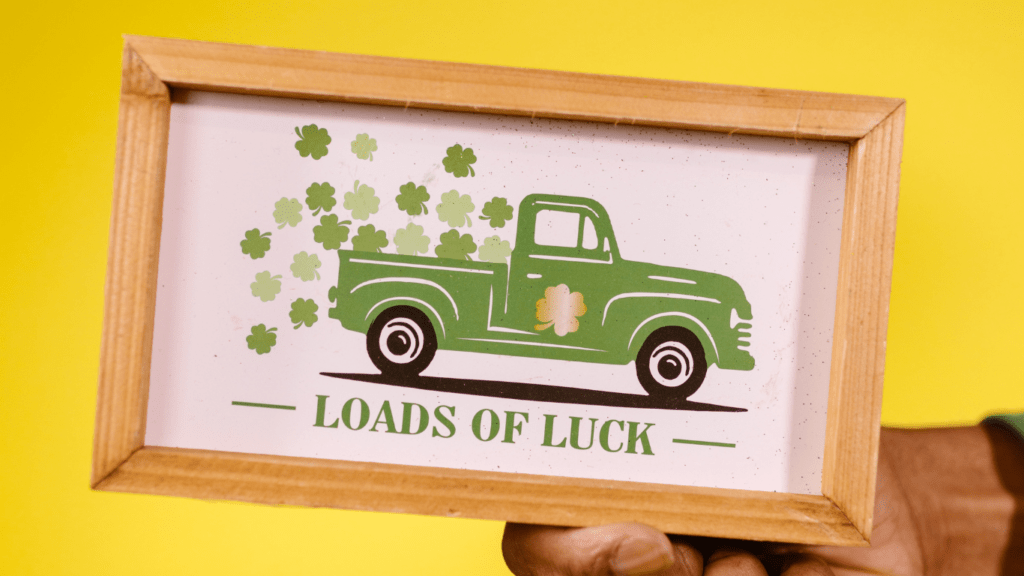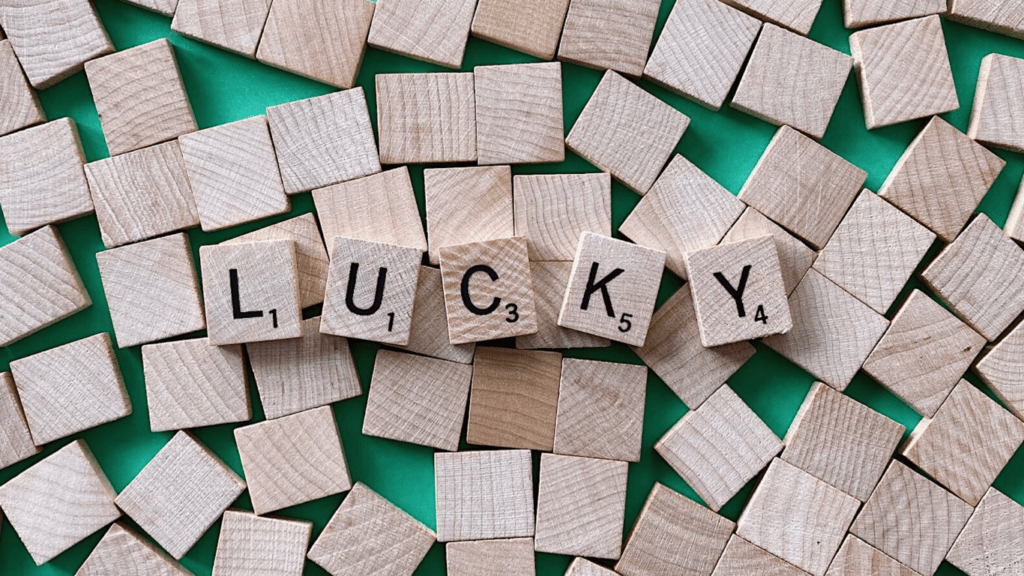Understanding Superstition
Superstitions play a significant role in shaping how we perceive luck. They persist across cultures and influence various aspects of life through rituals and beliefs.
Definition of Superstition
I define superstition as a belief or practice that arises from a perceived connection between unrelated events. These beliefs often rely on customs rather than scientific verification. For example, avoiding walking under ladders or knocking on wood are common superstitions that many practice to prevent bad luck.
Historical Context of Superstition
Throughout history, societies have embraced superstitions to explain the unknown. In ancient times, people attributed natural phenomena to supernatural forces, giving rise to myths and rituals. Egyptian and Roman cultures integrated superstition into daily life, using amulets for protection or sacrifices for favor. These historic practices laid the groundwork for modern superstitions that continue to affect our perceptions of luck.
The Connection Between Superstition and Luck
Superstition and perceived luck share an intriguing relationship. Many believe these practices create control in unpredictable situations.
Psychological Perspectives
Superstition often serves a psychological purpose. Engaging in superstitious rituals can relieve stress and boost confidence, especially in uncertain situations. According to psychologists, the human brain seeks patterns to make sense of the world, even where none exist. This need for order often leads people to link coincidental events, believing these connections impact outcomes.
Cultural Influences
Cultural heritage plays a significant role in shaping superstitions. Different cultures hold unique beliefs about luck. For instance, in many Asian countries, the number eight is viewed as lucky, while Western cultures often consider the number thirteen unlucky. These beliefs are deeply ingrained through generations, impacting actions and decisions. Superstitions in various cultural contexts continue influencing perceptions of fortune, aligning individual and collective understanding of luck.
Types of Superstitions Associated with Luck

Superstitions linked to luck span various scenarios and cultures. These beliefs often integrate traditions and personal practices to enforce a sense of control over life’s uncertainties.
Common Luck-Related Superstitions
- Many people follow well-known superstitions to influence their perceived luck.
- Knocking on wood is believed to ward off bad luck, while tossing salt over one’s left shoulder counteracts negative energy.
- Horseshoes placed over doorways are thought to bring good fortune, and finding a four-leaf clover is considered a sign of impending luck.
- Even numbers, like the celebratory number eight in Asia, are embraced for their associations with prosperity, whereas 13 often evokes apprehension.
Personal Rituals and Routines
Individuals frequently create personal superstitions around daily routines. Athletes might follow unique pre-game rituals, such as wearing a specific pair of socks or listening to a favorite song for good luck. Similarly, students could use a lucky pen for important exams. These personalized practices, though not aligned with established:
- traditions
- offer comfort
- illusion of control over outcomes
The Impact of Superstition on Behavior
Superstitions affect how people act in various situations. They shape behaviors by influencing decision-making and daily habits.
Decision-Making and Risk-Taking
Superstitions guide decision-making, especially under uncertainty. People often rely on these beliefs to feel in control. For instance, athletes might avoid specific foods on game day, thinking it impacts performance. This reliance boosts confidence but sometimes leads to irrational choices. In risk-taking, people consult lucky charms to sway outcomes, even in high-stakes scenarios like gambling or investments. This behavior highlights the human desire to lessen uncertainty.
Implications for Daily Life
Superstition subtly influences daily routines. Many incorporate lucky rituals into morning habits, like carrying a lucky item. This practice offers psychological comfort and alleviates stress. Simple actions, such as crossing fingers before a meeting, reflect how deeply these beliefs embed in routine choices. In some cultures, superstitions dictate lifestyle choices, from wedding dates to purchase decisions, proving the pervasive role of these beliefs in shaping everyday behavior.


 Legal and Compliance Advisor for Key Gamble Lucky, Lucas specializes in navigating the complex landscape of casino game strategies, offering expert betting tips, and analyzing industry trends. With a strong background in gambling law and industry analysis, Lucas ensures that the platform remains up-to-date on regulatory changes while providing readers with valuable insights into the legal aspects of gambling. His expert advice helps readers sharpen their skills, make more informed decisions, and improve their overall betting outcomes, all while staying compliant with the latest legal standards.
Legal and Compliance Advisor for Key Gamble Lucky, Lucas specializes in navigating the complex landscape of casino game strategies, offering expert betting tips, and analyzing industry trends. With a strong background in gambling law and industry analysis, Lucas ensures that the platform remains up-to-date on regulatory changes while providing readers with valuable insights into the legal aspects of gambling. His expert advice helps readers sharpen their skills, make more informed decisions, and improve their overall betting outcomes, all while staying compliant with the latest legal standards.